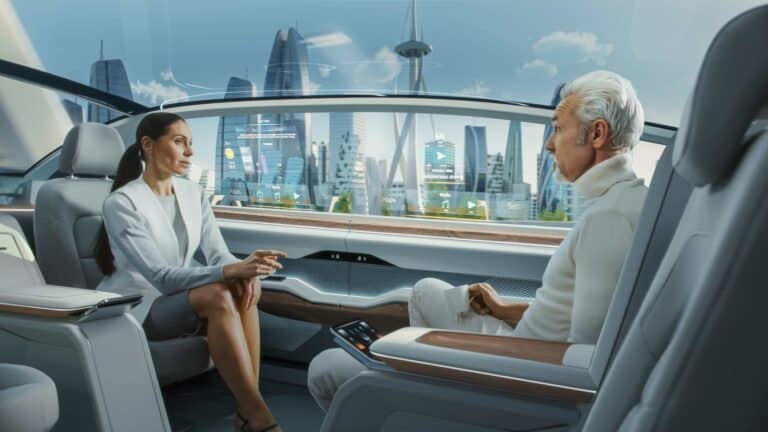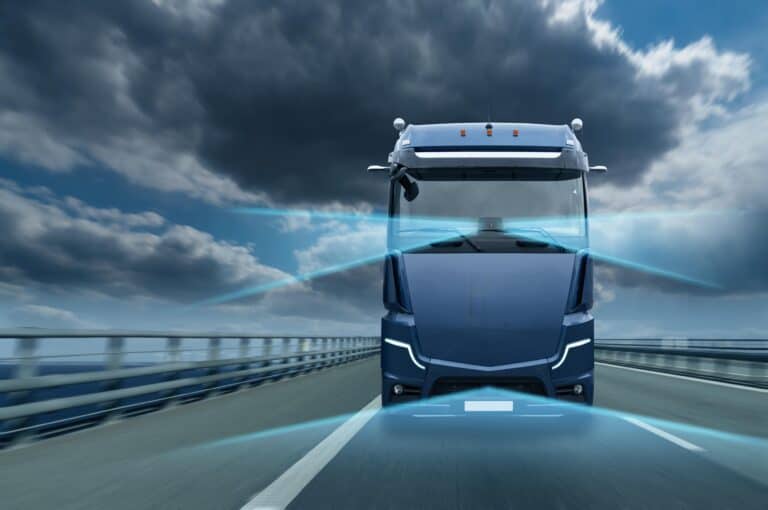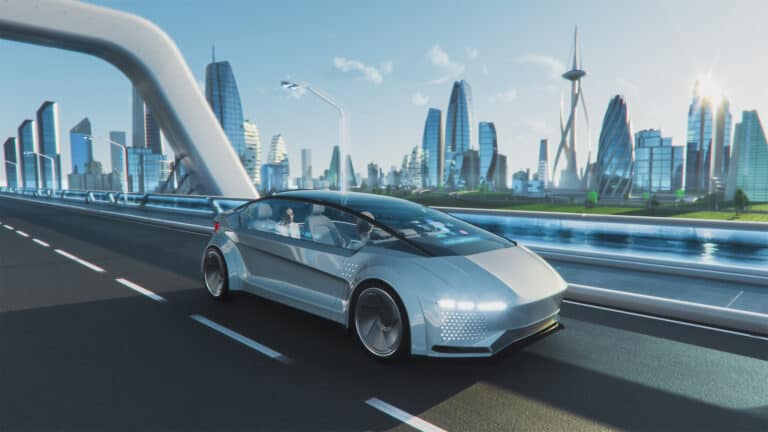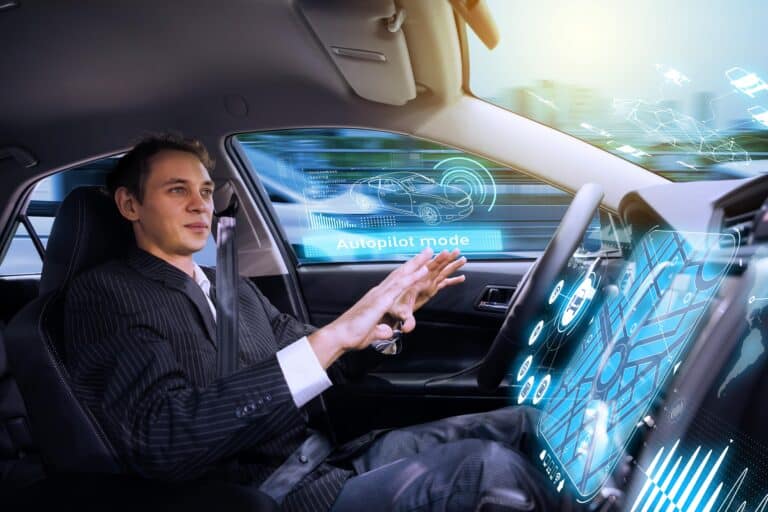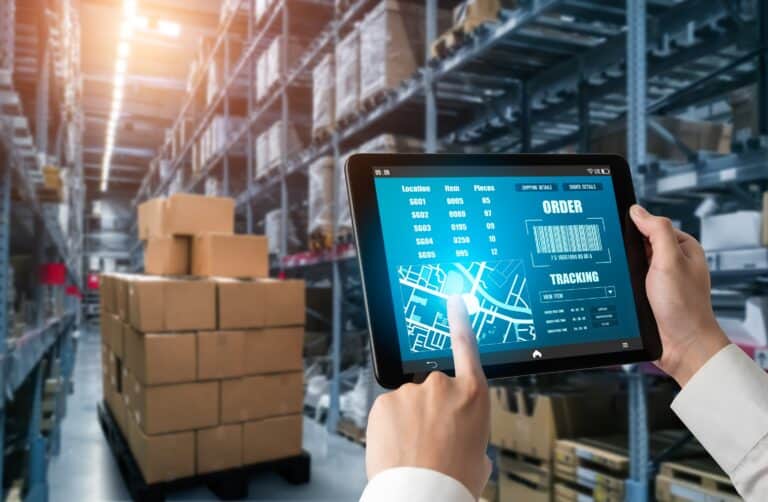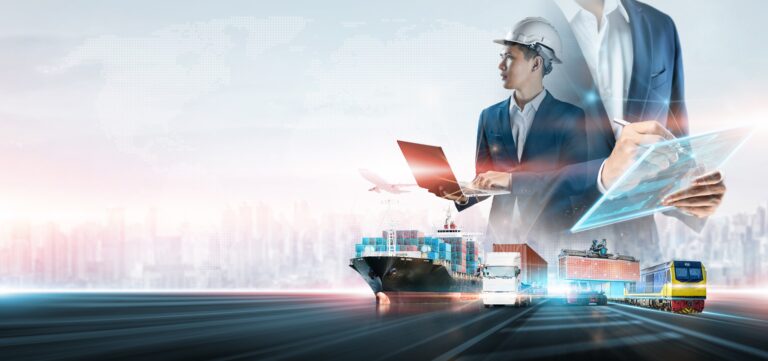- What is ‘The Internet of Things’?
- How will The Internet of Things change the transport sector?
- The Internet of Things in 2020
Many commuters suffer from it every day. You are in the car in the morning and you are on your way to work. Suddenly the car brakes in front of you and before you know it you are in a traffic jam. Standing still in a traffic jam is of no use to anyone, it takes time and time is money. According to the British regulator Ofcom, the Internet of Things will solve the congestion problem in the next 10 to 30 years. Last week , Ofcom published a report explaining how the Internet of Things will solve the biggest annoyance of the workforce.
What is ‘The Internet of Things’?
Twenty years ago, professors at the Massachusetts Institute of Technology (MIT) sketched a vision of the future in which things (devices and sensors) are connected so that they can share data with each other. This shared data would become an unparalleled source of information for companies. Despite the fact that technology experts have been alerting companies to the arrival of the Internet of Things for years, many companies are still not prepared for it. Research has shown that it takes companies between 5 and 7 years to implement new processes and techniques in the organization. If your organization has not yet anticipated the emergence of the Internet of Things, then it is high time to take action.
How will the Internet of Things change the transport sector?
In the report, Ofcom portrays the transportation industry as the industry that will be at the forefront of The Internet of Things revolution. In the UK alone, billions of pounds will be spent developing and deploying millions of sensors and gadgets that can communicate with each other. The transport world will be the first to benefit from the arrival of The Internet of Things because traffic will run smoother and safer. This is partly because cars can communicate with the infrastructure and with each other.
Within 10 to 30 years, according to Ofcom, sensors will be incorporated in all cars and roads. These sensors constantly measure the traffic volume. The central control room to which all these sensors are connected receives a constant stream of data. When the control room notices that a certain node is getting too busy, the control room switches with the sensors in the roads and cars and temporarily adjusts the maximum speed from 100 km/h to 60 km/h. This gives motorists more time to slow down gently and accidents and traffic jams are less likely to occur.
Traffic jams cost the UK £7 billion a year, according to Ofcom’s report. But with the help of smart transport solutions, it will be able to save 15% on this, which amounts to about £1 billion. So we save on congestion, but we also have to invest less in building roads. As a result, we also contribute to reducing CO2 emissions.
With the advent of smart transport, other problems are also being solved. In Amsterdam you no longer have to search (so long) for a parking space, because your car chooses its parking space itself. As a result, there is more time to shop and more time to spend. The economy will therefore benefit in various ways from innovation within the transport sector.
One company that listened closely to the technology experts 10 years ago is Nissan. In order to prepare for the predicted Internet of Things revolution, the Japanese car manufacturer will build technology in their cars that match this in the coming years. Thanks to this new technology, you will always drive the fastest possible route. This automatically results in reduced CO2 emissions. A Nissan will soon also recognize whether you are driving near a school, so that your speed will be automatically adjusted.
The car will also soon communicate with pedestrian telephones, so that the driver adapts his driving behavior and fewer accidents occur. Many other car brands are expected to follow suit.
The Internet of Things in 2020
According to calculations in the Ofcom report, there will be approximately 40 million devices ‘The Internet of Things-ready’ in 2015. It is expected that by 2020 50 billion devices will be able to communicate with the internet and with each other. The Transport sector will be one of the first to be confronted with the Internet of Things, but it is not the only one. Agriculture will quickly become a “smart” sector. Think “smart farming” here. The advantage of smart farming compared to the current situation is that it saves up to 70% water. With an ever-growing world population, many products are becoming scarce and a lot can be achieved with a water saving of 70%. It is expected that ‘smart farming’ will be applied by the vast majority of farmers within the next 10 years.
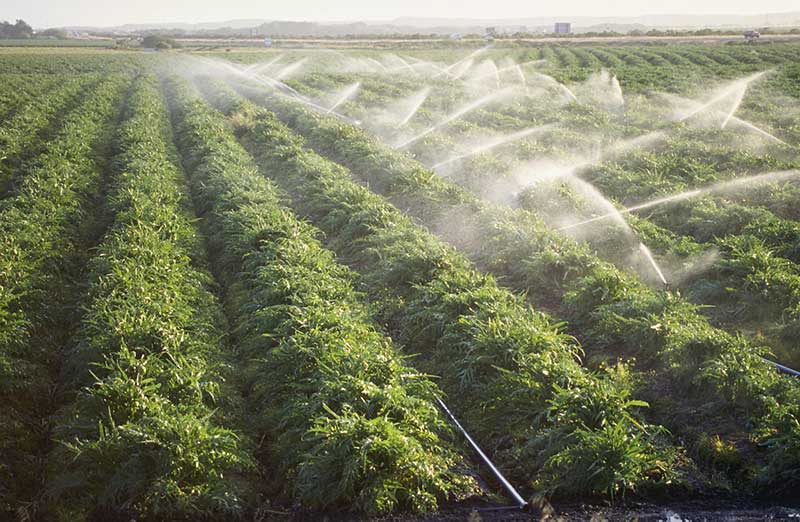
CEO of Ofcom Steve Unger says The Internet of Things will bring major benefits to a wide range of industries. According to Unger, it will completely change the way we live. What are your expectations of The Internet of Things? Which sectors will it all affect?


